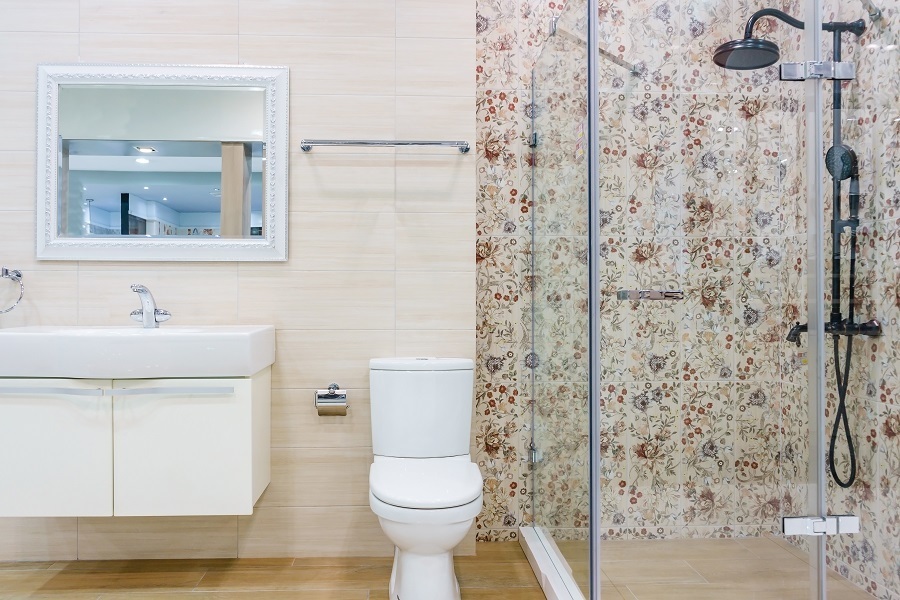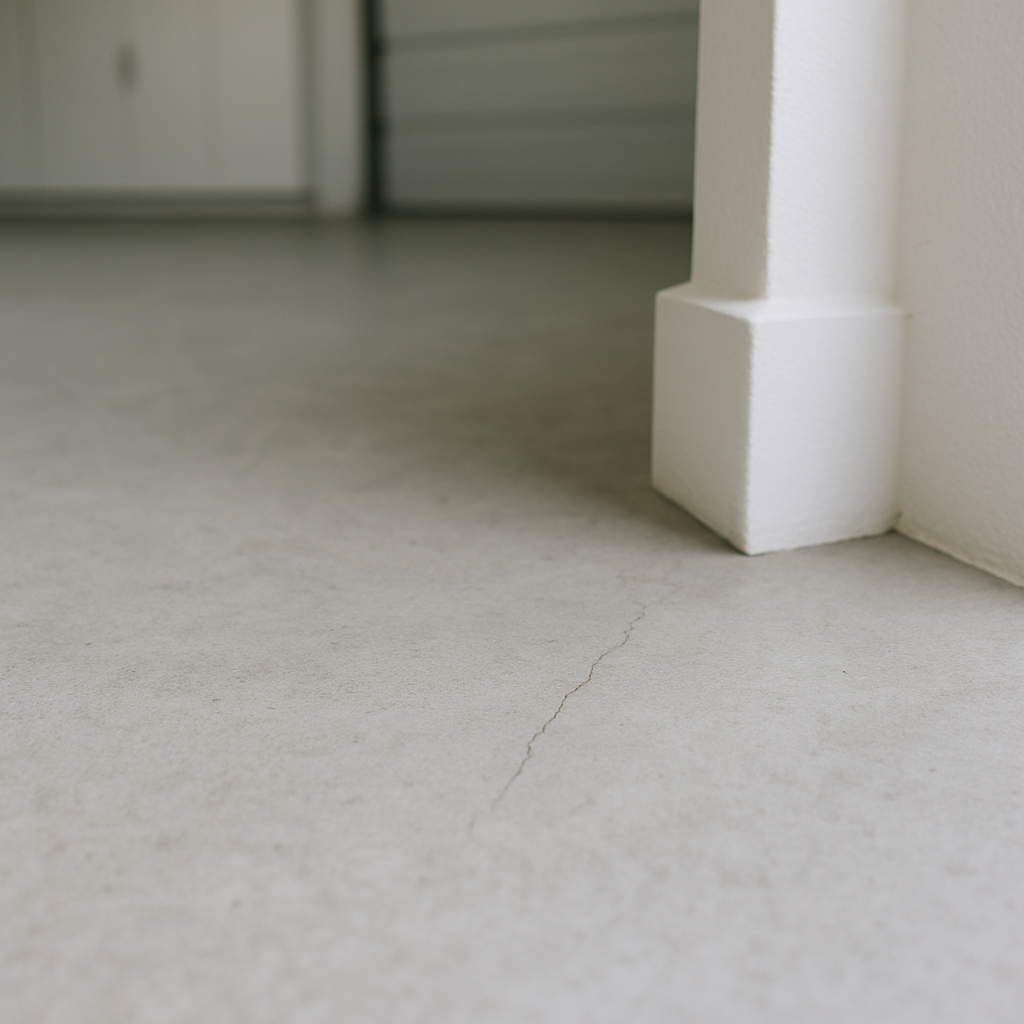Last updated on
Here’s a list of common household items that you should never flush down the toilet.
The drains connecting residential areas to the municipal sewer are often no greater than three to four inches in diameter. This doesn’t leave a lot of room for a variety of products people often flush down the toilet, causing a lot of problems.
What's Inside
How Can Flushing These Items Affect You?
Dealing with clogged up pipes can cause a myriad of issues including:
- Clogs and blockages – Flushing these items down the toilet can cause blockages in drains and pipes and clog up pump stations. This can result in leaks that can damage the interior, exterior, and foundational structure of a home or business.
- Health hazards – Backed up pipes can bring toxic substances into your home. These substances include fungi, pathogens, residual waste from pesticides, and medications. These can cause a range of problems including:
- Allergies
- Infections of the eye, nose, and throat
- Gastrointestinal problems including diarrhea
- Vomiting
- Higher risk of developing ulcers
- “Fatberg” – Fatbergs are the monstrous amalgamation of fats, oils, grease, and non-biodegradable items like wipes, Q-tips, sanitary napkins, and condoms in sewers. The largest one ever found, at 400 tonnes and 250 meters long, was in the UK. Fatbergs cause massive blockages in the city sewage system, affecting both homes and businesses when contents are forced up onto roads, gardens, and buildings.
What NOT to Flush Down the Toilet?

The following are the items you should never flush down the toilet.
Wipes, Tissues, and Paper Towels
Whether it’s baby wipes, facial wipes, or any of the other variety — even those labeled “flushable” — do not flush them down the toilet. They are responsible for the build-up of massive blockages in sewers and fatbergs around the world.
As for tissues and paper towels, these do not disintegrate in water as easily and as quickly as toilet paper does and should be thrown in the bin instead.
Cotton swabs, cotton balls, and Q-Tips
Cotton products may be small and seem easily flushable, but they do not break down easily and can clump together and clog pipelines.
Menstrual Products
Menstrual products are designed to absorb liquid and not to break down in it. Flushing these down the toilet will cause them to expand, clogging your pipes.
These include:
- Pantyliners
- Sanitary napkins (pads)
- Tampons
Diapers
Diapers are similar to menstrual products and should be kept out of your drains.
Condoms
Condoms are made to endure wear and don’t break down in the water. Dispose of them properly to avoid clogging your toilet.
Hair
Hair is impermeable in water. In addition, it can become tangled and turn into a net of sorts, gathering other debris to wreak havoc on your plumbing system.
Dental Floss
While it is made of an entirely different material, dental floss is similar to hair in that its strands can form a net and compound pipe clogs.
Fats, Oils, and Grease
Fats, oils, and greases are the major causes of fatbergs around the world. They congeal and collect other non-degradable items in your pipes and sewers.
Coffee Grounds
Coffee grounds collect in drainage and septics systems and cause clogs.
Pharmaceuticals
- Medicine and Vitamins – Drugs can contaminate water supplies, harming good bacteria, aquatic species, and humans that rely on affected water resources.
- Bandaids – Bandaids are mostly made of plastic that will not degrade in water.
- Cleaning Products
Bleach
Bleach is highly abrasive and can deteriorate your pipes.
Toilet Bowl Scrub Pads
Even if they’re labeled “flushable”, keep them out of the drains.
Pet Fish
Whether dead or alive, fish do not belong in the sewage system. For one, they can find their way into waterways and compete with native fish populations. They can also harbor diseases that can harm native species.
Cat Litter
Cat litter is made of highly absorbent materials while cat poop contains toxins and pathogens that can harm water supplies.
A good rule of thumb: Unless it’s one of the three Ps — pee, poo, and (toilet) paper — throw it in the waste bin instead of sending it down the drain.




